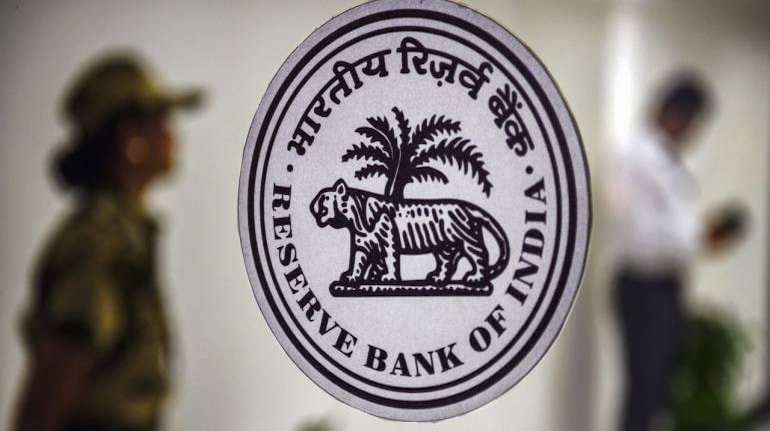
The banking system saw a number of paradigm changing announcements last week, starting from the regulator adopting a new capital framework as part of recommendations made by the Bimal Jalan Committee.
The much debated issue was how much the Reserve Bank of India (RBI) should keep stashed away as contingency capital under current global economic scenario.
The committee's recommendations led to a windfall surplus transfer of Rs 1.76 lakh crore from the RBI to the government, much higher than estimated. However, it remains to see how the government will put the money to use.
Public sector banks (PSBs) that dominate the Indian banking system also saw a slew of structural changes apart from the mega consolidation plans.
While these are aimed at making them globally competitive, analysts are unsure if merging weak banks with strong ones is a healthy move, at a time when asset quality is marred with uncertainty.
Moreover, dropping the burden of consolidation on the workforce when they should be focusing on chasing credit growth and recoveries, may also be a big negative for the banks.
The Modi government is aiming at a $5 trillion economy but how merging weak banks will help achieve that objective remains unclear.
RBI to transfer Rs 1.76 lakh crore surplus to government
RBI will transfer a surplus of Rs 1.76 lakh crore to the government as it has approved the recommendations of Bimal Jalan committee at the central board meet held in Mumbai on August 26.
RBL Bank: Concerns on asset quality, slower loan growth weigh on profitability
Private lender RBL Bank may see deterioration in its asset quality amid lower credit growth going ahead, triggering concerns on the stock as it fell to a 52-week low on August 28. There were also reports of some senior employees dumping shares over the past month.
Government merges 10 banks into 4: A low-down on the mega PSB consolidation
Finance Minister Nirmala Sitharaman announced a bucket of reforms that will change the way PSBs function in the country.
The Indian banking system is dominated by public sector banks and these reforms are bound to have an impact on the entire industry. It may also change the way private lenders look at their peers in terms of competition.
The enhanced risk-taking capacity, power to finance bigger projects without relying on huge consortiums and longevity of the board can lift public sector banks to a new level, if they follow through with these reforms.
RBI annual report: India going through broadbased cyclical slowdown
The economic slowdown in India is a "soft patch mutating into a cyclical downswing" rather than a deep structural one and there is a need to address issues in sectors like land, labour and agricultural marketing to revive growth, RBI said in its annual report.
RBI's income jumps 146.5% to Rs 1.93 lakh crore
RBI balance sheet expanded by 13.42 percent to Rs 41.03 lakh crore while its income soared by 146.59 percent to Rs 1.93 lakh crore in 2018-19, the central bank said in its annual report released on August 29.
RBI to review minimum balance requirements for savings accounts
The reserve bank will review guidelines on minimum balance requirements for savings accounts as well as the penalty charged by banks for its non-maintenance, the central bank said in its annual report.
Discover the latest Business News, Sensex, and Nifty updates. Obtain Personal Finance insights, tax queries, and expert opinions on Moneycontrol or download the Moneycontrol App to stay updated!